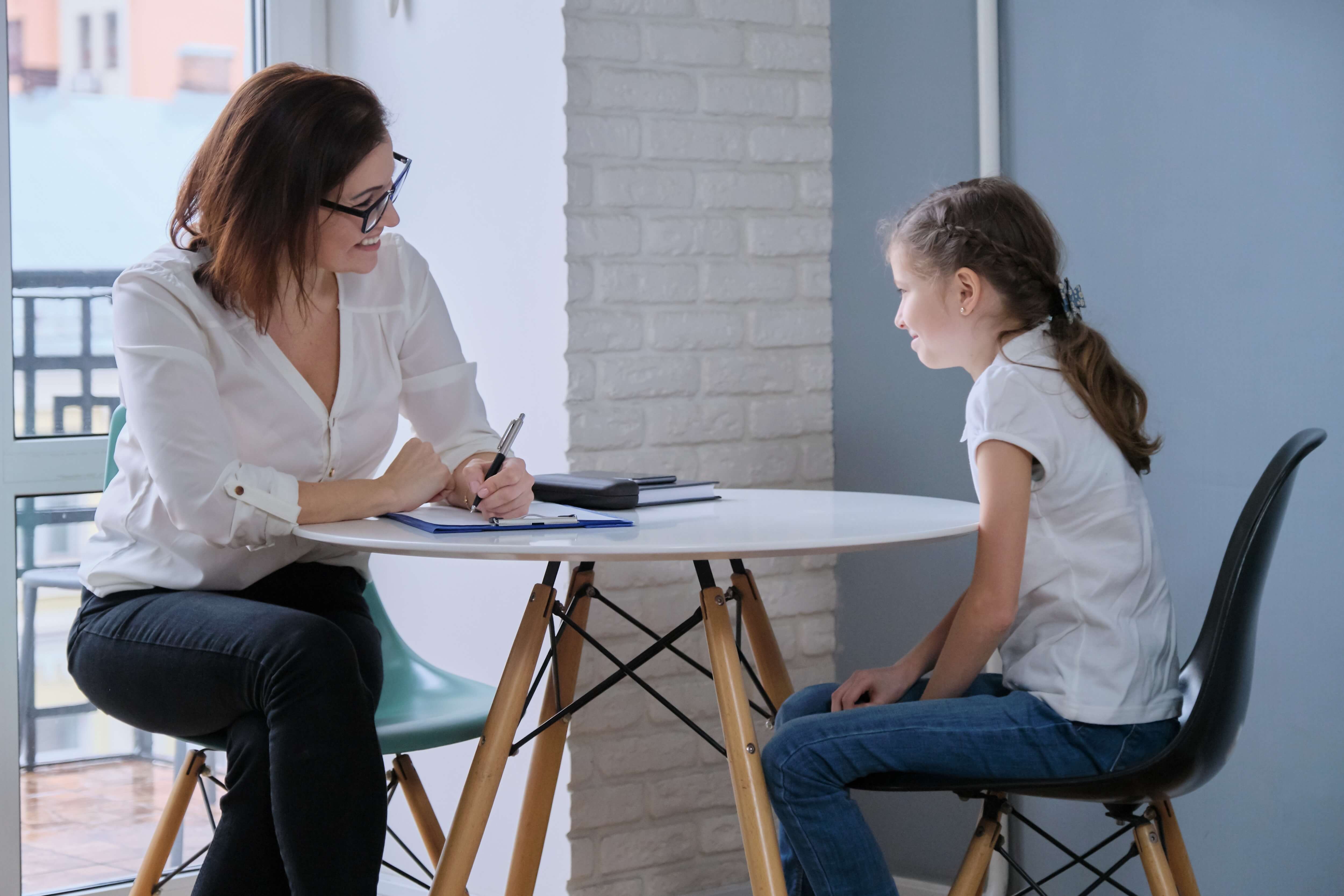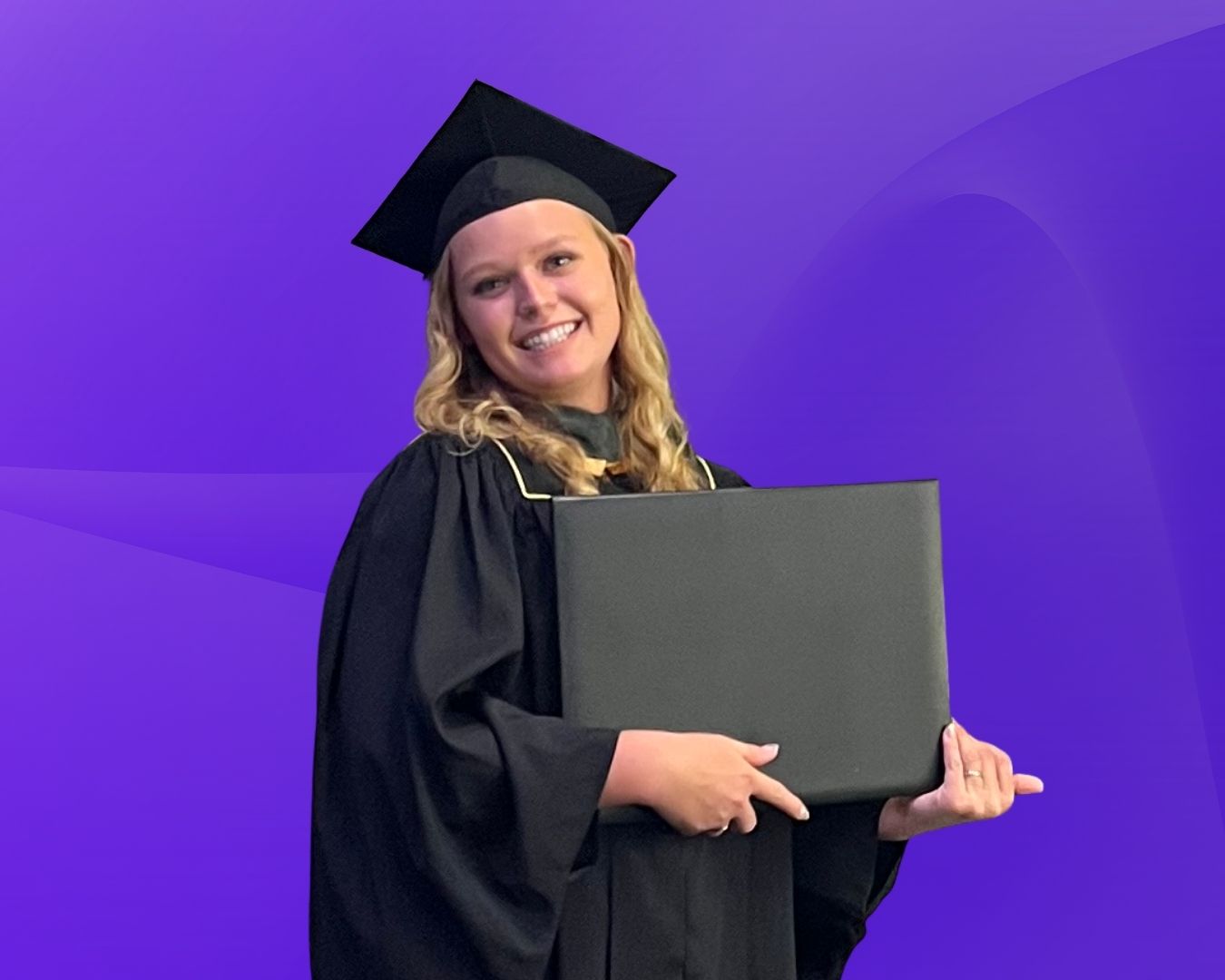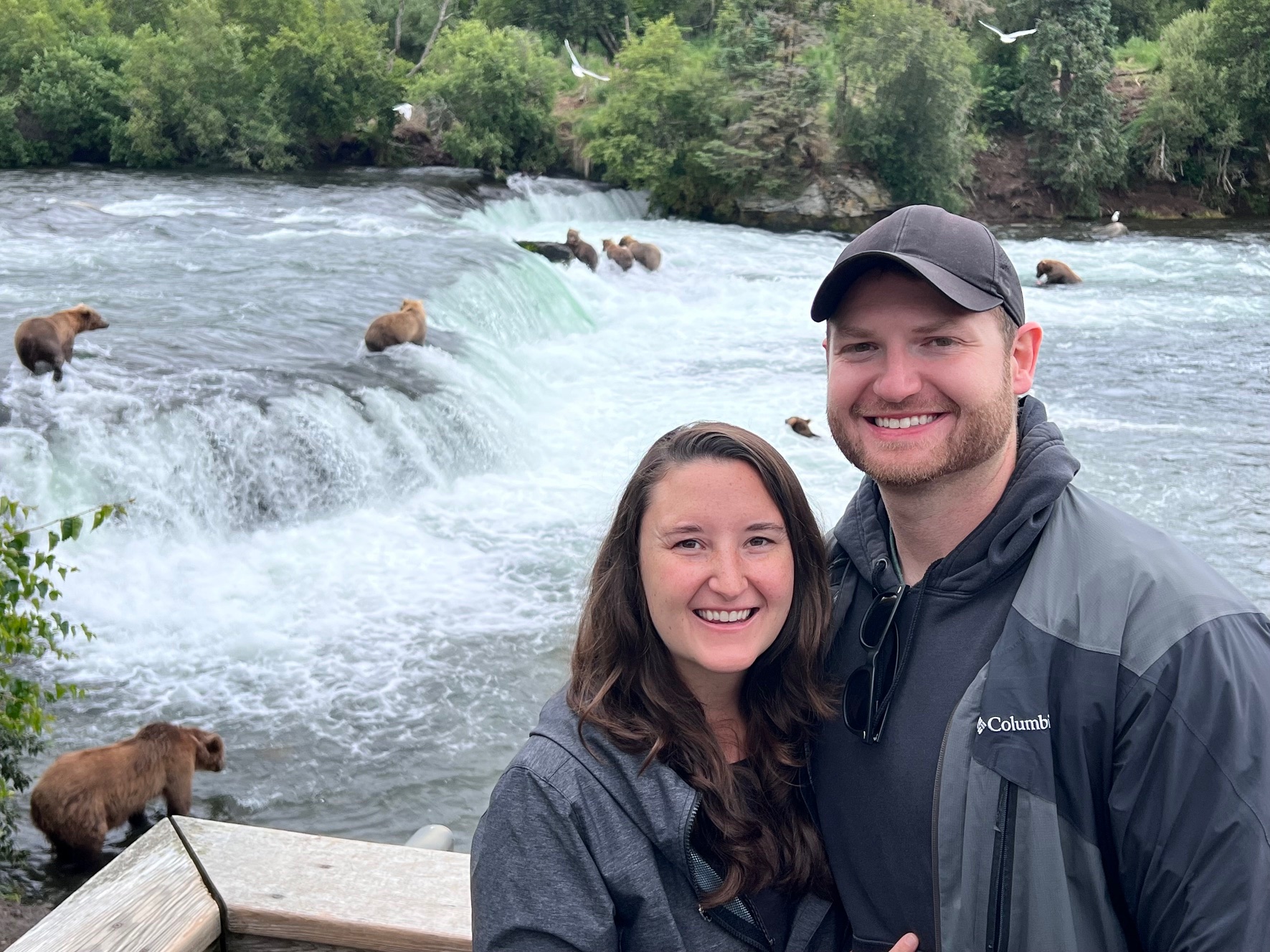
Building a Portable Resource Library: Must-Have Tools for Traveling School Psychologists
Traveling as a school psychologist can be incredibly rewarding, but it also comes with unique challenges. From managing time across multiple schools to working with diverse student populations, being effective in this role requires preparation and organization. One of the best ways to stay ahead is by building a portable resource library—a collection of tools, materials, and resources you can easily carry to ensure you're ready to meet the varied demands of your job.
This blog will walk you through the must-have tools, covering everything from assessment materials to tech-savvy solutions and self-care essentials. Whether you’re new to traveling school psychologist jobs or a seasoned expert, these resources will set you up for success.
Search School Psychologist Jobs
What Does a Traveling School Psychologist Do?
Before we jump into the must-have tools, it’s essential to understand the unique position of traveling school psychologists. Unlike those stationed at a single school, traveling school psychologists often work across multiple campuses. Their job includes assessing students, providing counseling, consulting with educators, and designing interventions—all while juggling the nuances of different school environments.
Because they’re always on the move, having the right resources at their fingertips is crucial. The goal is to create a portable system that meets the needs of both the students and the staff they support.
Now, let's explore how to build that system.
Tools to Enhance Your Assessment Workflow
Assessments are a core part of a school psychologist's job. When traveling between schools, it’s critical to have a streamlined setup to administer evaluations and collect data.
1. Testing Kits
- Cognitive and Academic Assessments
- Ensure you have compact versions of standard testing kits like the WISC-V (Wechsler Intelligence Scale for Children) or the Woodcock-Johnson IV. Portable options or digital downloads can reduce the physical bulk of carrying these essentials.
- Behavioral Checklists
Pack print or PDF versions of behavior rating scales, such as the BASC-3 (Behavior Assessment System for Children). Ranked behaviors are commonly requested at various schools, making these an essential part of your toolkit.
2. Digital Tools for Assessments
Many school psychologist resources now offer digital solutions. For instance, platforms like Q-global allow you to administer, score, and interpret assessments online. Using tablets or laptops with these tools can save time and keep your materials light.
3. Progress Tracking Forms
Always carry templates for progress monitoring. Tools like AIMSweb or DIBELS are ideal for tracking academic and behavioral growth over time.
Building Your Consultation Toolkit
Consulting with teachers, parents, and administrators is another significant part of a school psychologist's job. The better prepared you are with resources, the more effective your consultations will be.
1. Evidence-Based Interventions
Carry a collection of tried-and-true strategies for social-emotional learning (SEL) or behavior management. Books like "The Zones of Regulation" or printouts of visual aids can be lifesavers during on-the-spot consultations.
2. Goal Setting Worksheets
Collaboration often involves setting goals for students. Simple, customizable forms to outline academic or behavioral goals help create clarity and alignment between team members.
3. Parent Resources
Keep a folder (physical or digital) of articles and tools for parents. Resources that explain psychological reports or help parents support their children at home are invaluable.

Technology to Streamline Your Work
Technology has revolutionized every aspect of what school psychologists do. Having the right devices and apps can help you stay organized and efficient.
1. A Reliable Laptop or Tablet
These are non-negotiable tools for traveling psychologists. Use them for writing reports, video calls, and accessing online resources.
2. Cloud Storage Solutions
Platforms like Google Drive, OneDrive, and Dropbox allow you to store assessment results, schedules, and resource materials securely and access them from any device. This is especially convenient when working from different schools.
3. Specialized Apps
Here are some app suggestions to elevate your practice:
- Canva for creating custom visuals for SEL sessions.
- Notion or Evernote for organizing case notes and to-do lists.
- Class Dojo for communicating with teachers about student progress.
Must-Have SEL and Counseling Resources
Social-emotional learning (SEL) and counseling are integral to supporting students as a school psychologist. A traveling setup should include versatile materials to address diverse challenges.
1. SEL Games and Activities
Carry tactile games like Feelings Cards or activity books that help foster emotional regulation and communication skills.
2. Mindfulness Tools
Calming jars, breathing cards, or even a playlist of guided meditations can work wonders during counseling sessions.
3. Visual Aids
Create or purchase posters, charts, or visuals that can be used for explaining concepts like growth mindset, self-regulation, and coping strategies.
Essential Self-Care for Traveling School Psychologists
Your well-being is just as important as the resources you provide to students. Don’t overlook personal essentials that keep you energized and motivated throughout the day.
1. Comfortable Backpack or Tote Bag
Invest in an ergonomic bag that can safely carry your tools without straining your back.
2. Portable Snacks and Hydration
Traveling between schools can mean skipped meals. Keep snacks like granola bars and a water bottle handy to stay fueled.
3. Self-Care Items
Pack small but effective self-care items like noise-canceling headphones, essential oils, or even a journal to decompress between appointments.
How to Stay Connected with Fellow Professionals
Lastly, remember you’re not in this alone. Being a traveling school psychologist can sometimes feel isolating, but there are plenty of communities and resources specifically designed to help you stay connected.
- Join Professional Groups
Organizations like the National Association of School Psychologists (NASP) offer networking opportunities, professional development, and up-to-date research.
- Social Media Communities
Platforms like LinkedIn and Twitter have active groups of school psychologists sharing ideas and advice.
A More Streamlined, Impactful Practice
Building a portable resource library isn’t just about simplifying your workflow—it’s about being prepared to make a meaningful impact wherever you go. By assembling the right tools, you’ll position yourself to handle the diverse challenges of traveling school psychologist jobs with confidence.
Do you have favorite resources or must-haves that you carry in your toolkit? Share your insights in the comments below—help inspire your fellow school psychologists!



